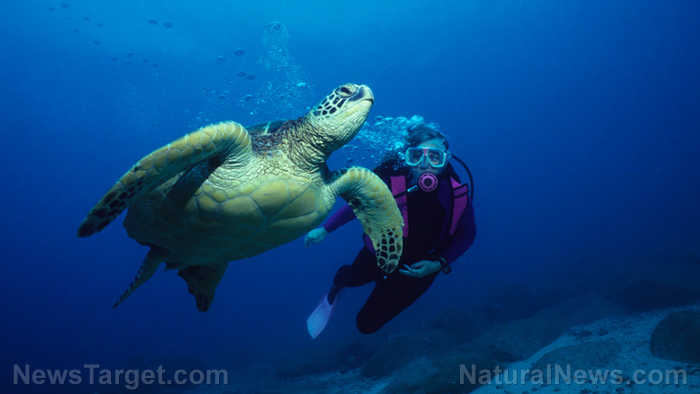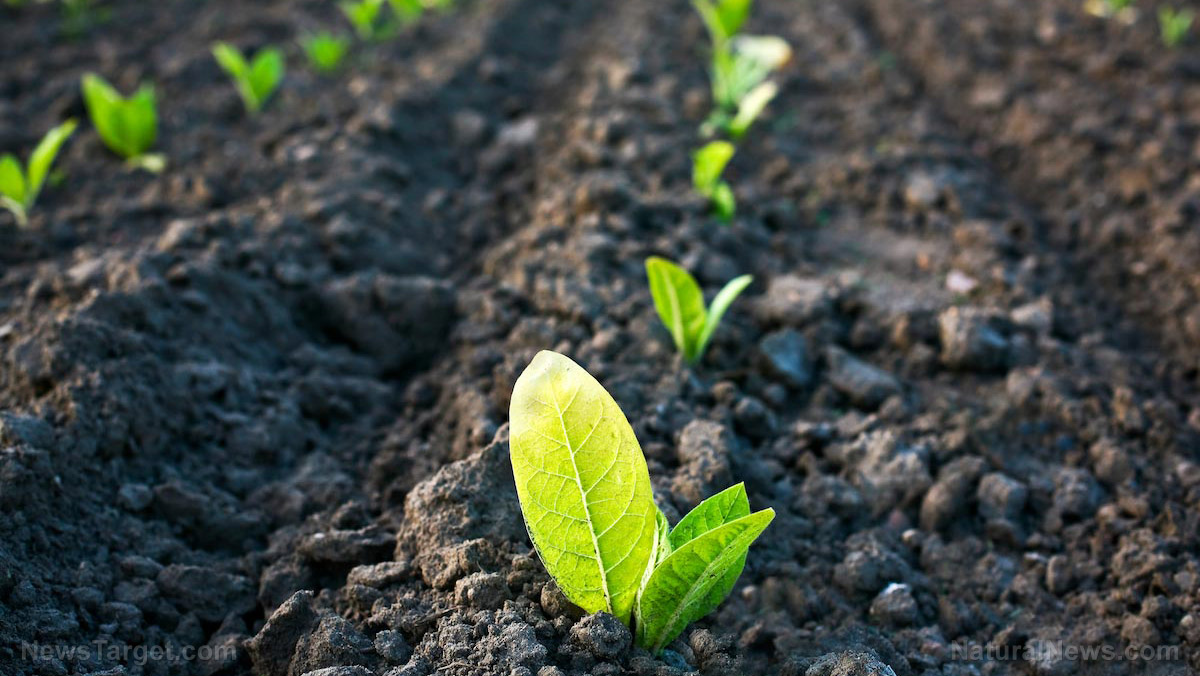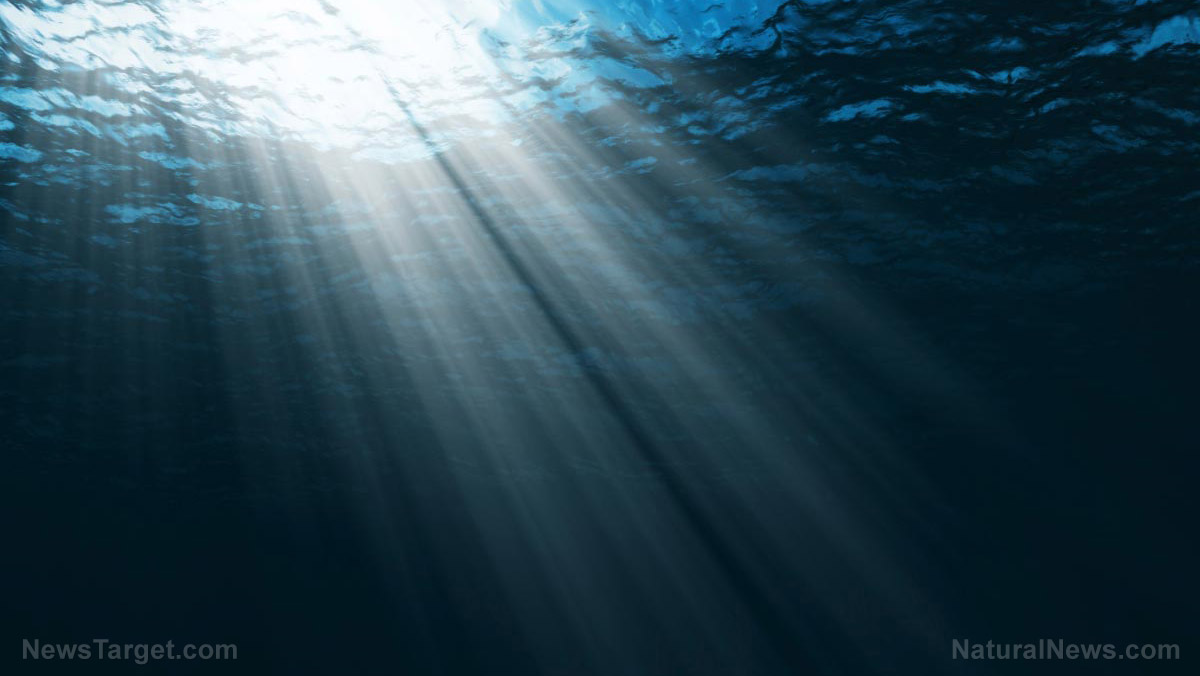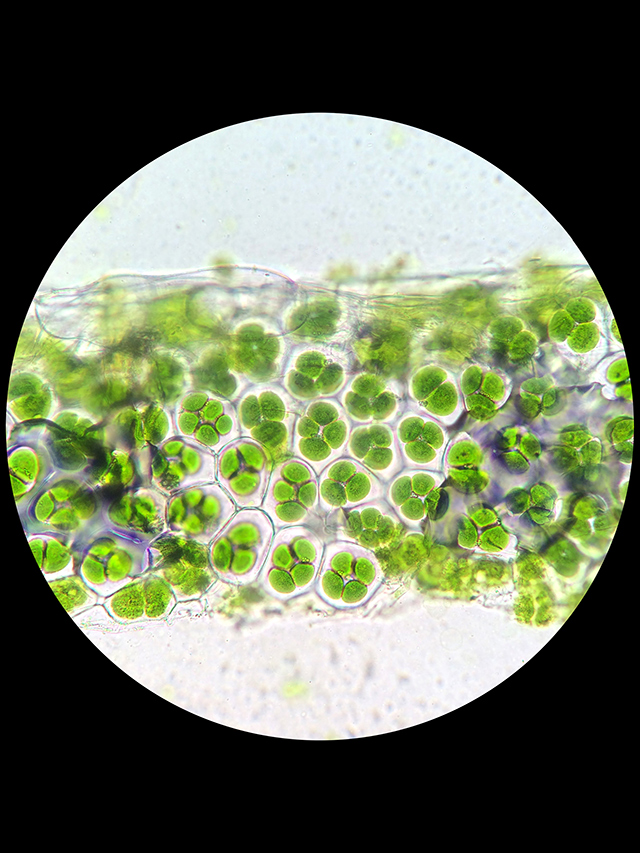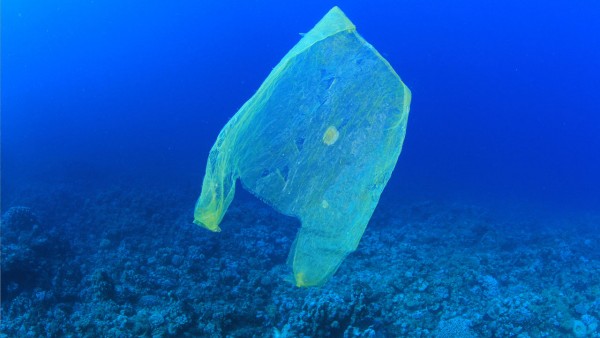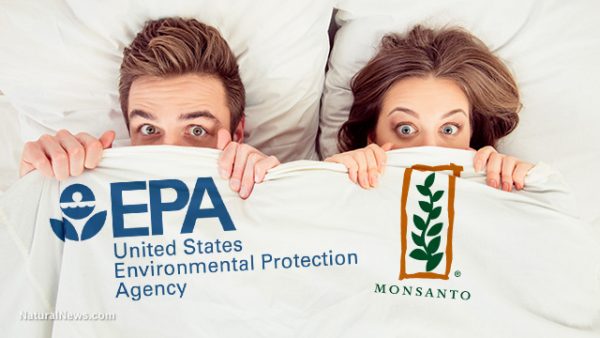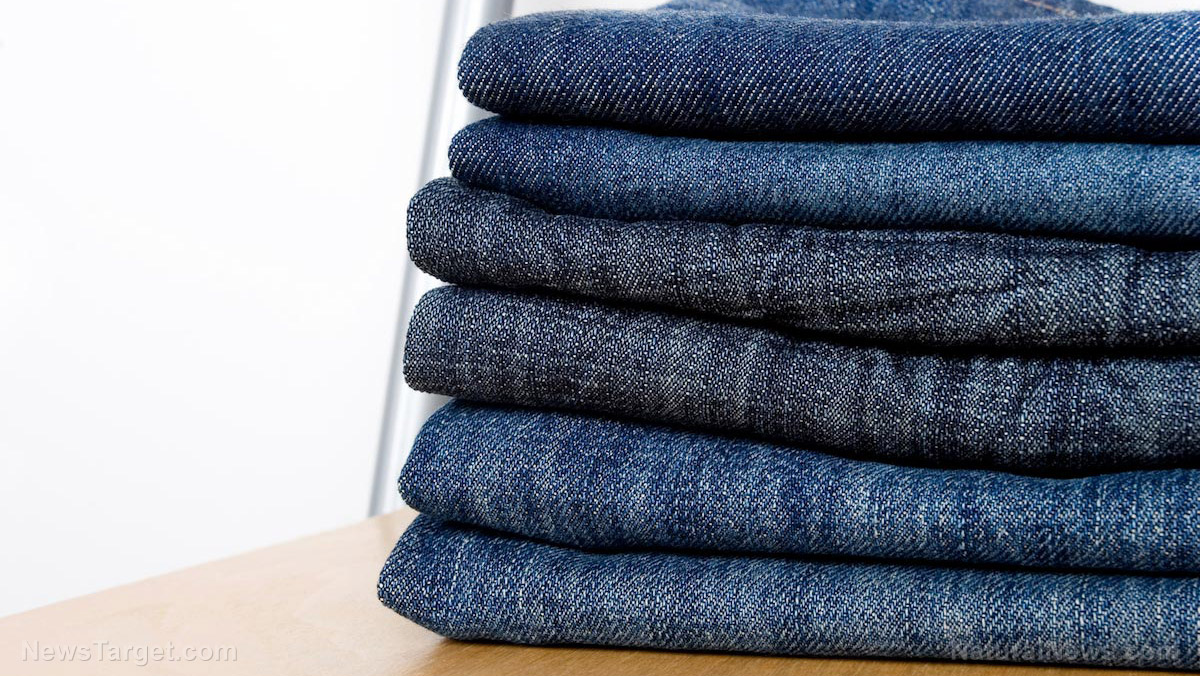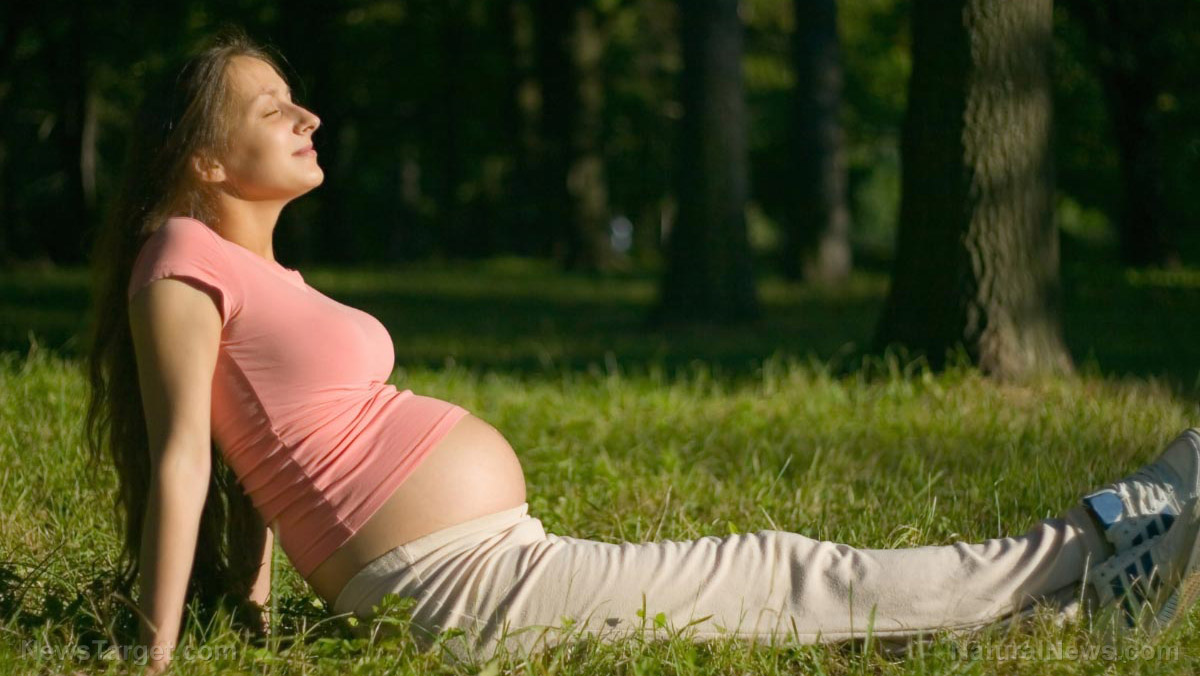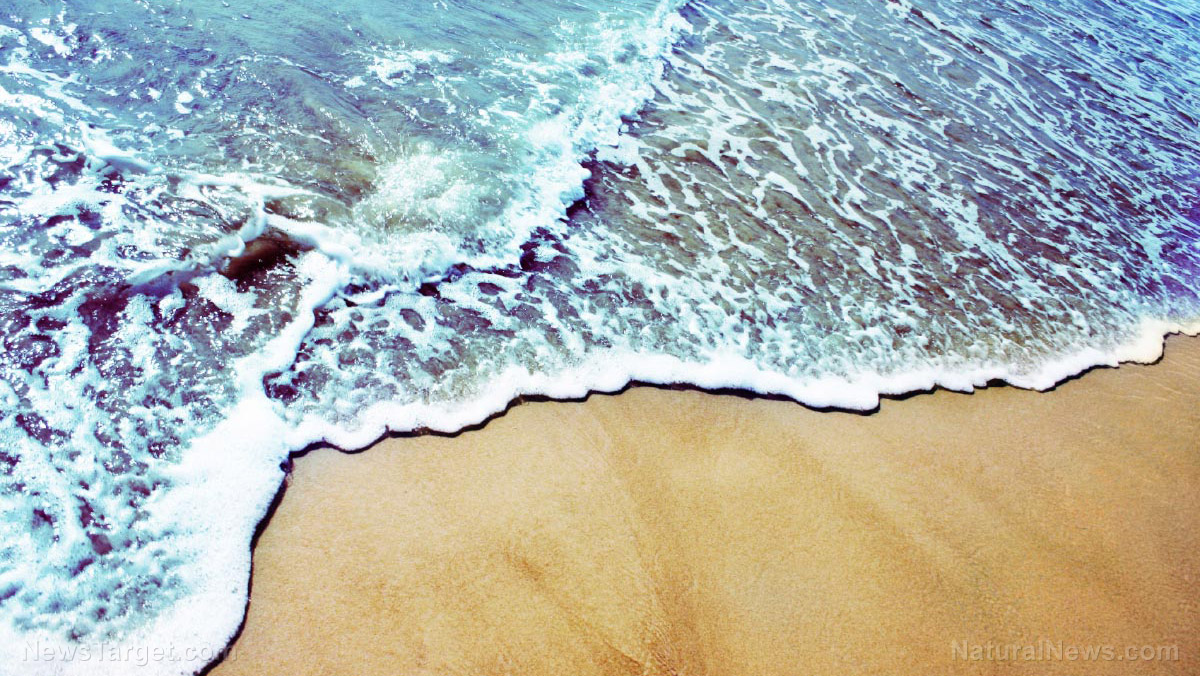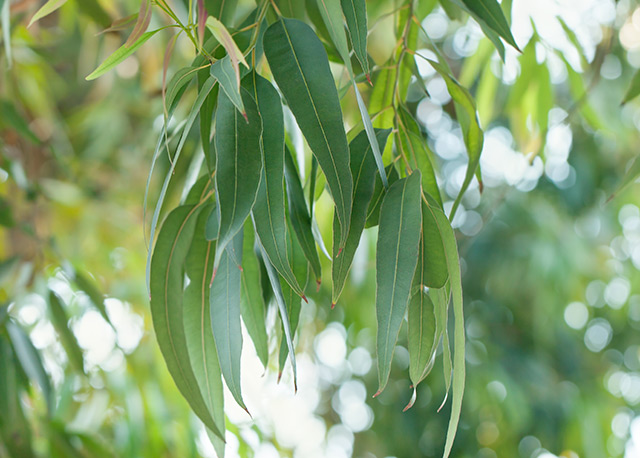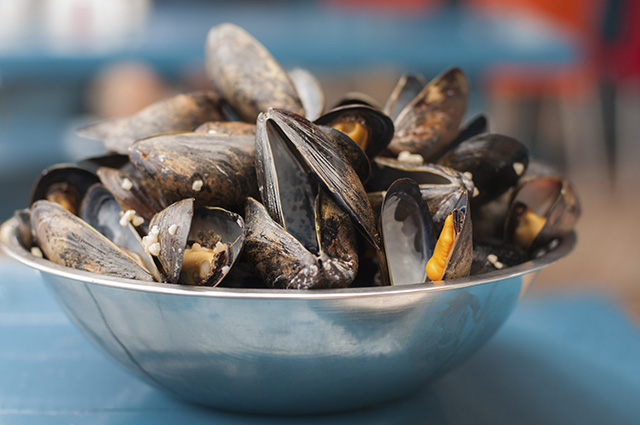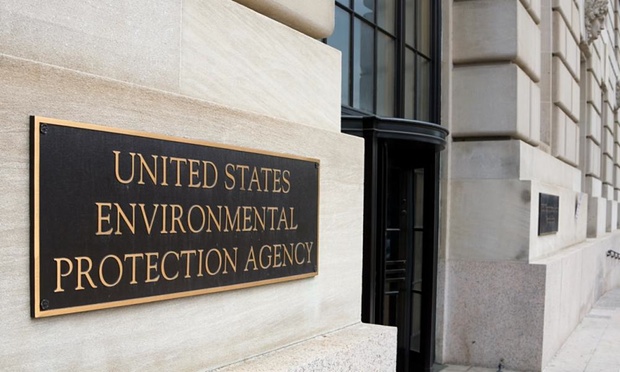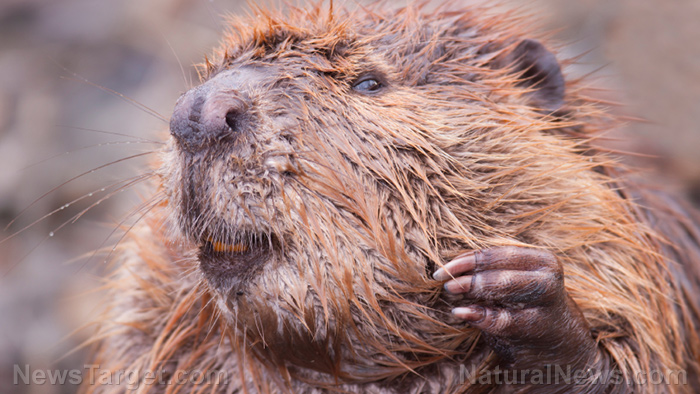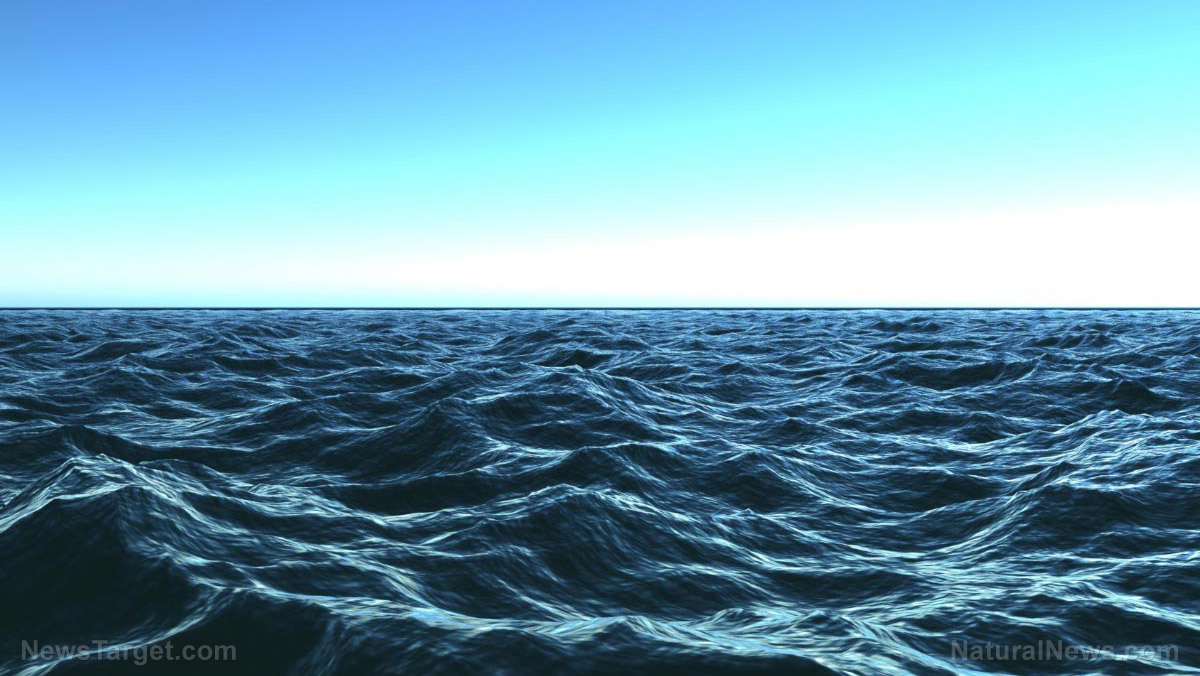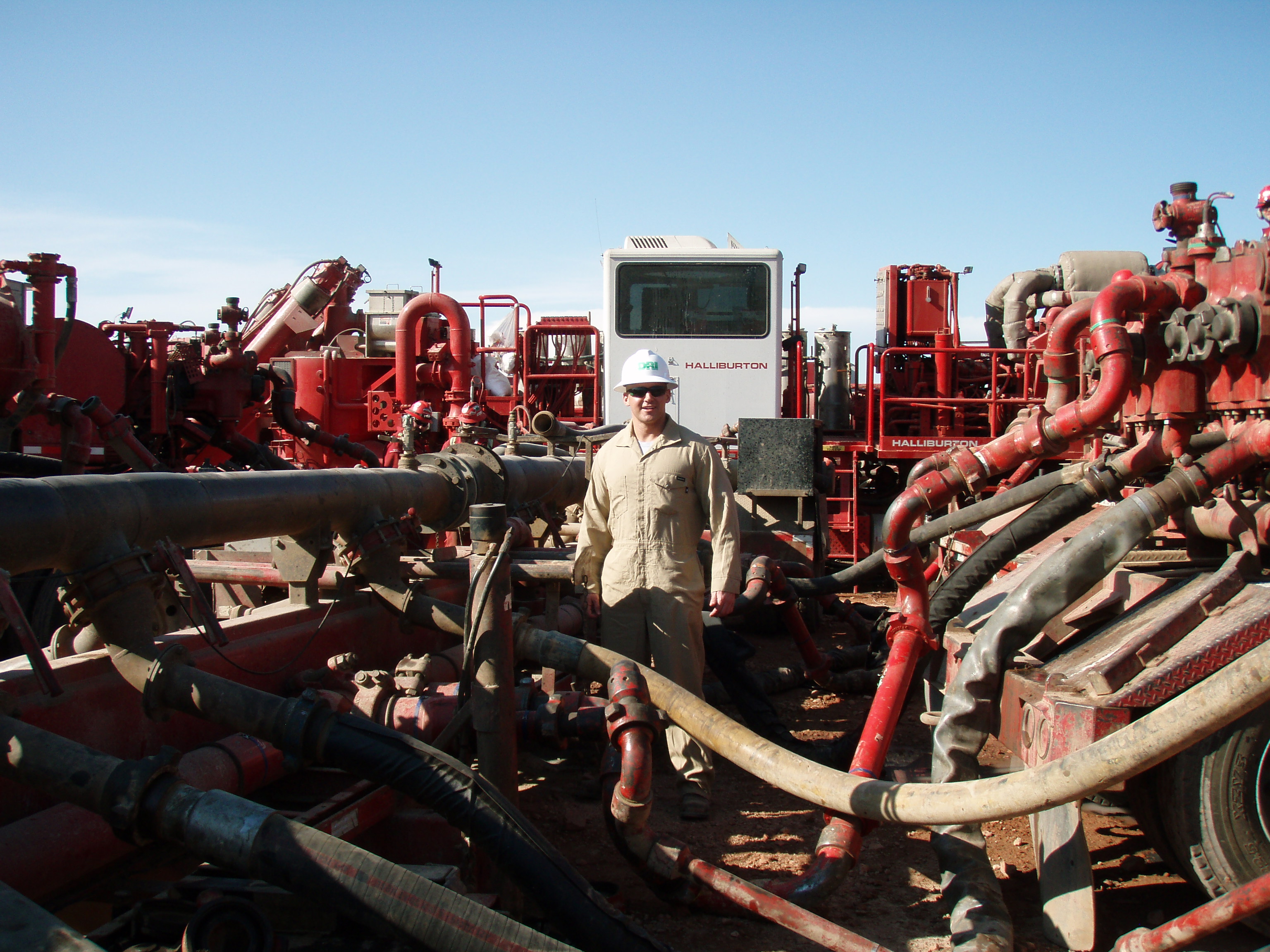With so much attention being given to global warming these days it easy to blame our changing climate for everything that is going wrong in this world. However, new research by scientists from the University of Queensland revealed that man-made substances and chemicals, not global warming, are the cause of mass contamination of the ocean and are causing endangered sea turtles to suffer from liver dysfunction.
Green turtles are considered endangered by the International Union for Conservation of Nature’s Red List, reported the Daily Mail Online. After recent blood tests of these majestic marine animals, the Queensland researchers found hundreds of thousands of different man-made chemicals in their blood. Among these substances, milrinone for heart problems, allopurinol for gout, household cleaning products, cosmetics, and hundreds of thousands of other chemicals associated with human activities (such as pesticides) were detected in the bloodstream of these animals.
Currently, there are more than 130 million chemicals registered in the world, according to the Chemical Abstracts Service (CAS). Every six seconds a new chemical is added to that list. That is a whopping 15,000 new chemicals entering the database every day.
In one way or another, these chemicals end up in the ocean where they are absorbed by marine life. The blood samples were taken from sea turtles in various locations along the 1,400-mile stretch of the Great Barrier Reef. From Cleveland Bay and Upstart Bay along the Queensland coast to the more remote Howick islands in the reef’s north, the future of the Great Barrier Reef and all its inhabitants doesn’t look bright. Some of the chemicals found could not even be identified, the World Wildlife Fund (WWF) reported.
According to the scientists, these substances cause severe stress and side effects in turtles, and probably other marine life too, resulting in inflammation and liver dysfunction. The research is part of a larger study funded by the “Rivers to Reef to Turtles” project — led by WWF-Australia and supported by the Banrock Station Wines Environmental Trust. Together, they will be working with farmers to find better management practices to protect all marine life.
“Humans are putting a lot of chemicals into the environment and we don’t always know what they are and what effect they are having,” said Amy Heffernan of the University of Queensland. “What you put down your sink, spray on your farms, or release from industries ends up in the marine environment and in turtles in the Great Barrier Reef,” she added.
Are we too late to save the Great Barrier Reef?
During the recent years, the World Heritage site has been under constant pressure from farming run-off, development, and crown-of-thorns starfish. Now thousands of chemicals are threatening its further existence.
According to some scientists, the reef suffered the most severe coral bleaching on record last year, noting that the reef is now damaged beyond repair. In 2016, an estimated 22 percent of shallow water corals were destroyed. This year that number already jumped up to 29 percent.
“We’re very concerned about what this means for the Great Barrier Reef itself and what it means for the communities and industries that depend on it,” Great Barrier Reef Marine Park Authority (GBRMPA) chairman Russell Reichelt said.
This study is not the first to report on how man-made chemicals are destroying our planet. In 2015, scientists discovered that chemicals found in sunscreens not only induce cancer in humans, these toxins also cause massive damage to coral reefs worldwide, threatening the very existence of humans and marine life alike. According to the study, the chemical, oxybenzone, was causing gross deformities in baby coral.
Next time you are planning to spend a day at the beach, for your own sake and that of all marine life, opt for organic, chemical free skin care products and cosmetics instead.
Stay informed about the health of our planet, find more news at Environ.news.
Sources:
DailyMail.co.uk
WWF.org

